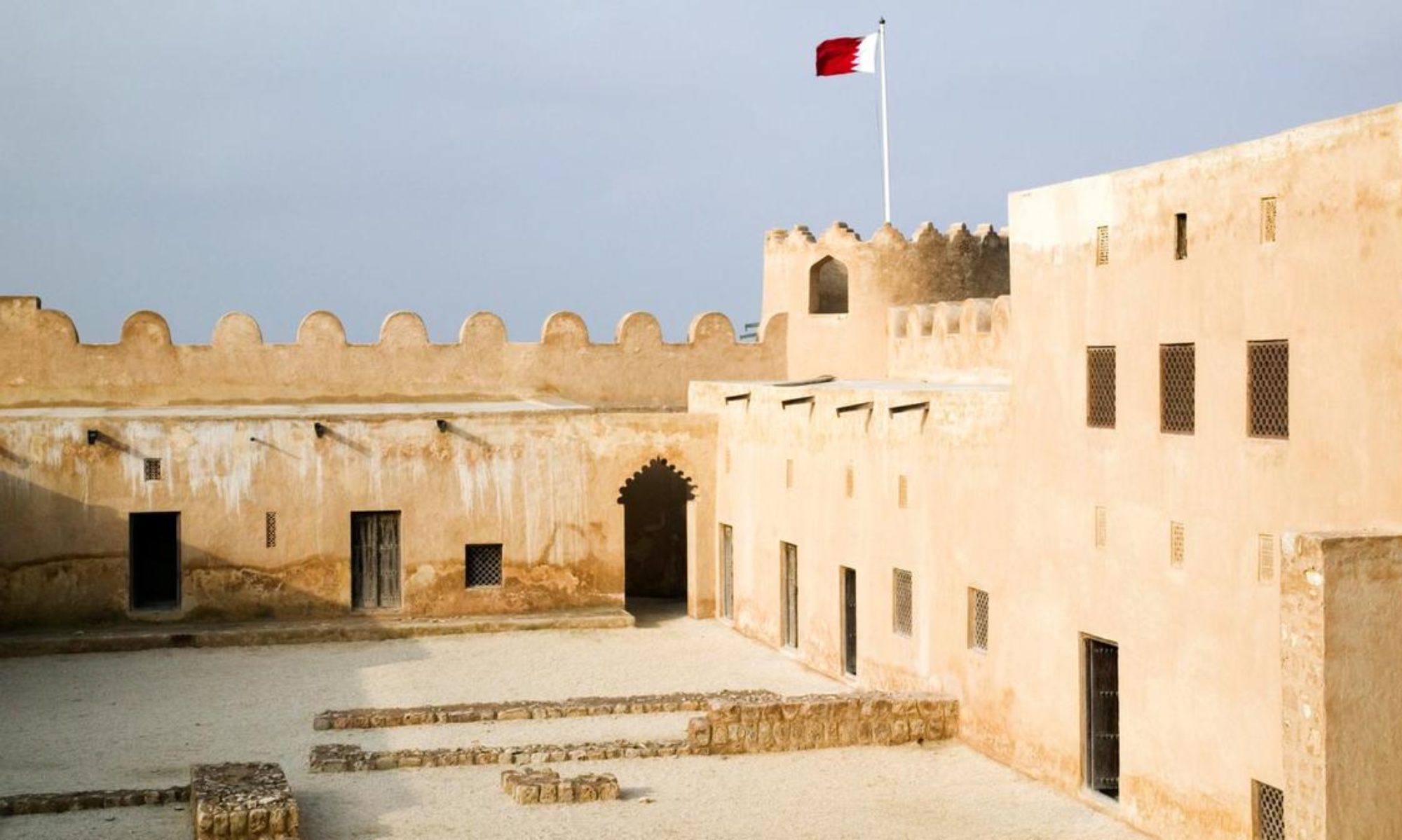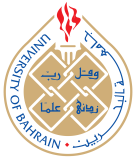With the ongoing changes in technology and globalization, sustaining intangible and tangible heritage comprises one of the recurrent national challenges worldwide. With the various initiatives of the United Nations and its affiliated organizations, many nations and states are developing national plans to sustain heritage through innovative and digital solutions, employing the SDGs of sustainable cities and communities, which also involves decent work and economic growth as well as partnerships for the goals. The main theme for this year’s conference is Innovative and Digital Approaches that opt to sustain the various aspects, arts, and performances of heritage in its tangible and intangible forms. The conference vows to stand as an academic hub that accommodates various approaches to preserving, representing, and sustaining heritage and culture.
Within this context, this conference aims to provide an excellent international platform for academic researchers, anthropologists, tourism and hospitality sectors, business managers, development experts, specialists, and heritage experts to meet and exchange their ideas and novel approaches to sustain intangible and tangible heritage through innovation and digitalization. It provides a premier interdisciplinary forum for sharing knowledge and discussing the most recent innovations, trends, and practical challenges and solutions in the fields of cultural heritage, a rising trend in most developing and developed countries and nations. This interdisciplinary discussion also presents innovative and digital methods to sustain heritage in a way that supports the national economy by creating successful partnerships between governmental sectors and international offices of the United Nations. In addition, the conference illustrates the significance of sustaining heritage in the different sectors, such as educational bodies, public and private sectors, hospitality and tourism, and international presentations and conferences. Therefore, the main goal is to encourage a sustained heritage through different methods and environments.
We are looking forward to making this conference inclusive and multicultural, approaching heritage and culture in its tangible form, including architecture, fine arts, fashion, and design, and its intangible forms, such as folklore, music, folktales, and language. Digital heritage and stories of success in the heritage context are also more than welcome. After all, the conference aims to explore heritage and culture from diverse angles and through various approaches.

